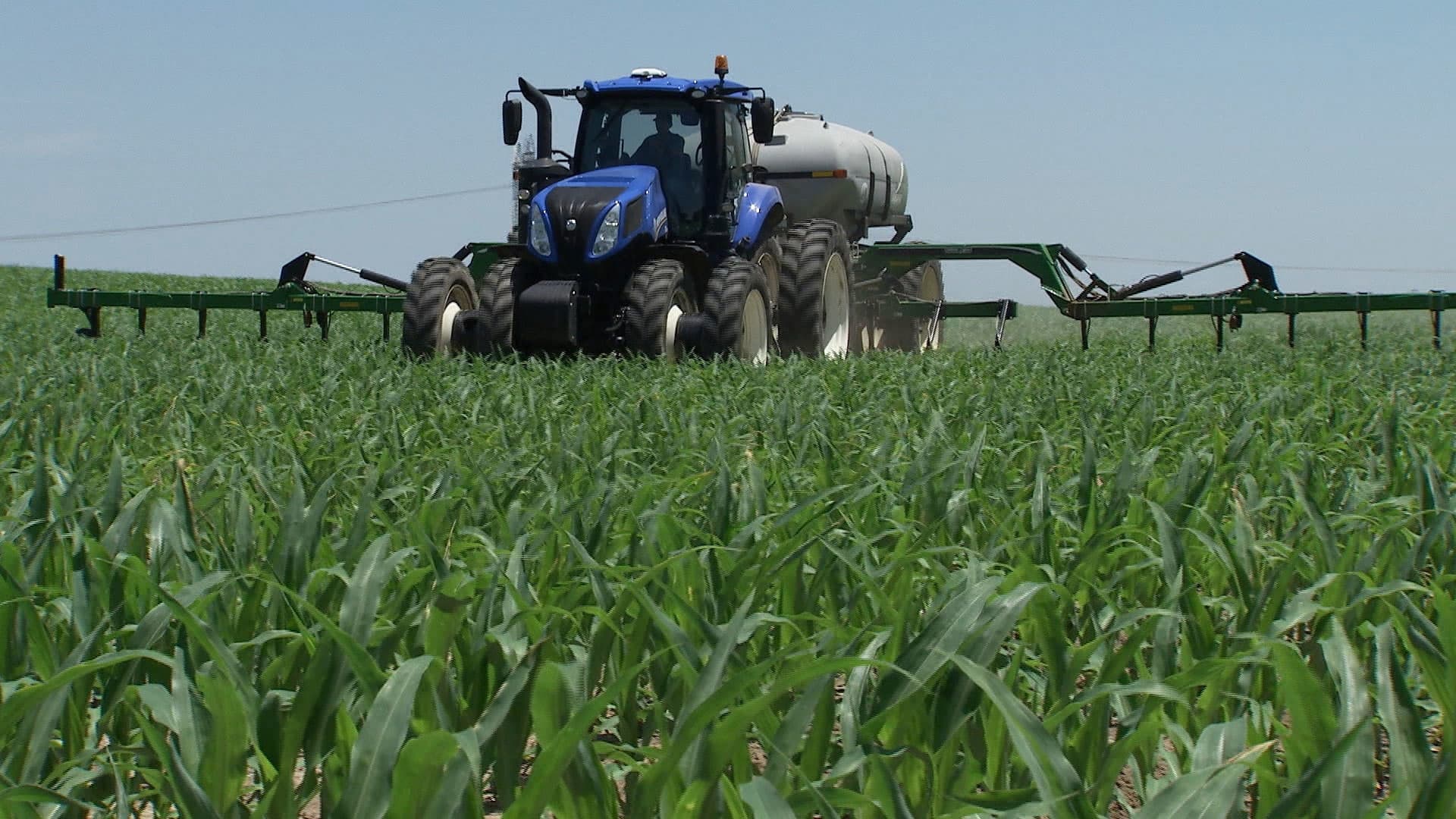Agriculture and the overall food ecosystem are responsible for roughly one-third of global greenhouse gas emissions. Growing things is a dirty business, but new technology is now offering both farmers and major food companies ways of making it cleaner.
Growing all the things we eat at the increasing volumes we need depletes the soil of nutrients and produces harmful carbon emissions. Regenerative agriculture aims to reduce emissions and protect soil through various methods. These include crop rotation, cover crops, increasing biodiversity, composting and livestock integration. Increasingly, it also includes improving crops’ resilience to climate change.
One example is Regrow Ag, a startup focused on both decarbonizing and renewing agriculture. It takes satellite imagery, weather data, government soil maps and on-the-ground observations on specific farms and feeds it all into a computer model that knows how soils and crops behave based on different conditions. Regrow Ag also works with farm management partners, including John Deere, to directly import crop, yield and management data into its platform.
“We monitor 1.2 billion acres on which we observe the adoption of the agricultural practices so we can inform both private and public sectors how to act around it,” said co-founder and CEO Anastasia Volkova. “Is it good for the environment, good for the water, good for soil health? Is it sustainable? Is it bringing resilience to the farm and the community?”
The model also offers ways to improve. Regrow Ag then sells all that information to customers such as General Mills, which has pledged to advance regenerative agriculture on one million acres of farmland by 2030.
“We source ingredients like oats for Cheerios, and wheat for Pillsbury, so we really source from the Great Plains of the U.S. and Canada. We source dairy from the Great Lakes region, and so we really needed tools that were able to model the impacts of agriculture in those places,” said Steve Rosenzweig, agriculture science lead with General Mills.
Corporations, such as General Mills, that are pledging net zero emissions, are buying the company’s software and offering it to farmers, in addition to payments for ecosystem benefits. So, if the farmer changes the practices on their farm in a way that helps sequester carbon or remove carbon from the atmosphere, they get paid for that carbon and Regrow Ag helps estimate that amount.
Regrow Ag is backed by Galvanize Climate Solutions, Main Sequence Ventures, Microsoft‘s M12, Time Ventures, Rethink Impact and Cargill. Total funding to date is around $60 million, according to the company and Pitchbook.
For all the latest Technology News Click Here
For the latest news and updates, follow us on Google News.

